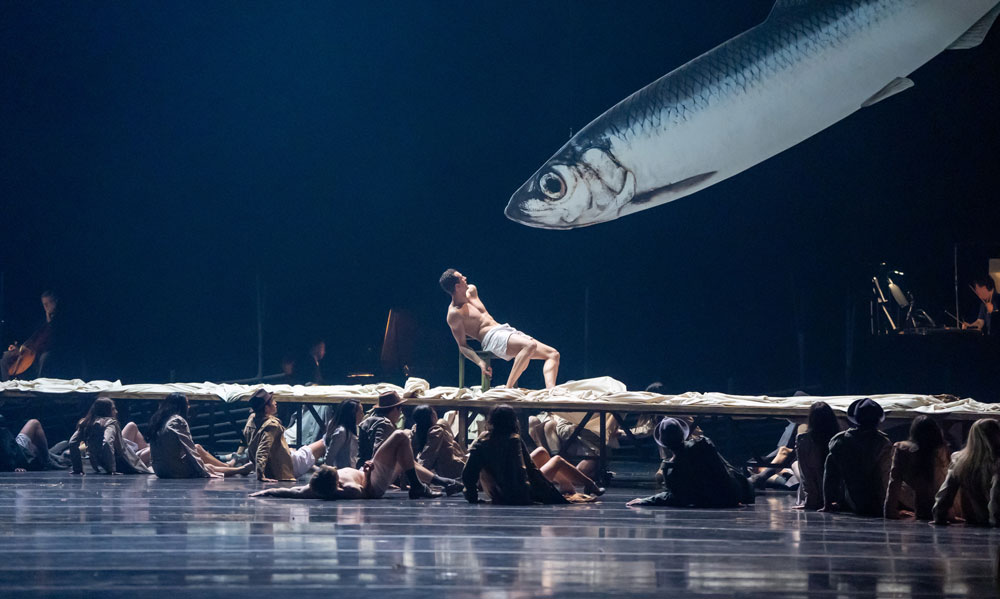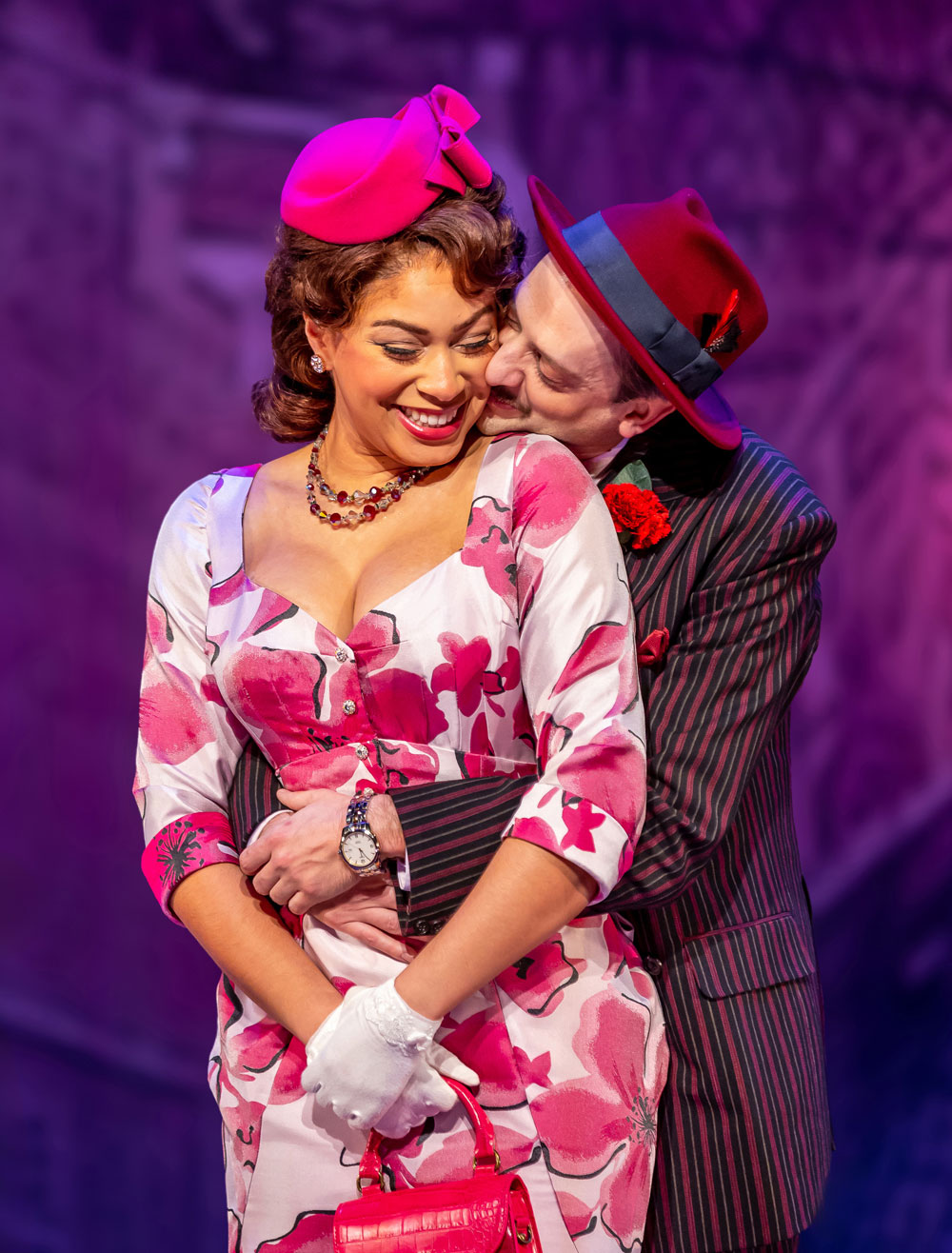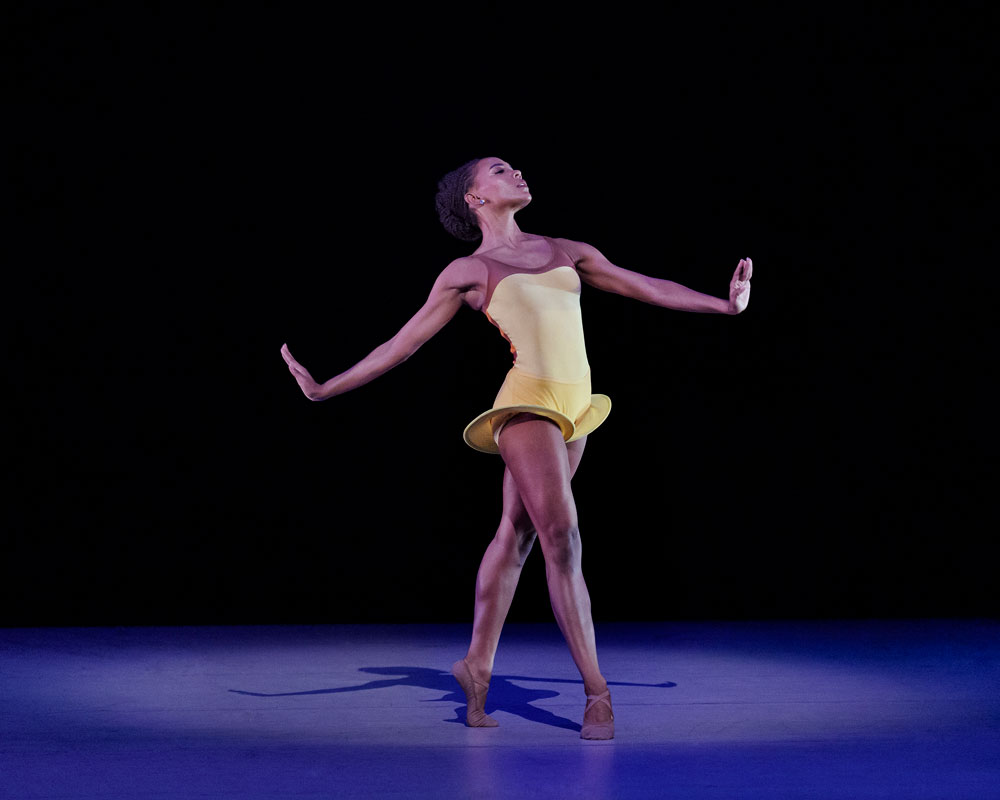Last Saturday night’s installment of the Third Logan Center Blues Fest came dabbed with surprises. Headlined by a legend, and opening with a rising star; the show was an amazing study in contrasts. And there was something about how the performances unfolded that exposed a seismic shift in what we call the blues.
From most perspectives, Jontavius Willis, a 25-year-old blues performer, would probably seem an anomaly, an unexpected deviation. That notion simply reflects our own assumptions about age and taste. Willis, who hails from Greenville, Ga., shares common roots with the blues and was just 14 when Youtube introduced him to Muddy Waters’ version of Hoochie Coochie Man. That introduction, and his own talent and musical inclinations, set him on his blues trajectory.
Effervescence isn’t an attribute you’d usually associate with a blues performer but Willis was dripping with it as he sat down, grabbed his guitar and opened up his set. Round and warm, with an easy ingratiating manner, he talked, played and sang all alone on the Logan’s gleaming concert stage. Everything about his performance was relentlessly appealing. The wonderful storytelling, the strong burnished tenor, the fantastic finger work on the guitar. This was a new kind of blues that folded in elements of folk to tell its stories. None of that should be a news. Blues like any music can and does evolve. Mentored by elite talents like Taj Mahal and Keb’ Mo’, it’s easy to see why Willis’s work carries markers that place it comfortably on the contemporary branch of blues music. The sound and sentiment tend to be less gritty and bare-knuckled and you can hear its receptivity to an impressive range of other musical influences. But common ground is found in the tools of the trade. An electric guitar and the harmonica remain staples in both contemporary and traditional blues, with the harmonica blossoming into brighter colors and taking on lighter moods in the contemporary blues universe.

Willis’s set felt like a tour taking us from the origins of the blues to where the music finds itself twenty plus years into the new millennium. Make Me a Pallet on the Floor goes all the way back to the 1890’s and likely well before. Now a standard in the blues canon, the song has had as many interpretations as it’s had people performing it; but it’s inherent melancholy sweetness shines through regardless of both. Willis’s version took advantage of the sterling clarity of his voice and his natural ebullience; turning the song into one of welcome and comfort. Comeback Baby gave him the change to brandish dazzling chops on the harmonica; allowing the audience to revel in the magic of the hall’s sumptuous acoustics.
The sense of enchantment was pretty much entrenched by the time Bobby Rush strolled out, making it unfortunate the talent transition didn’t go as well as it usually does. Cordial and generally respectful, genuine mutual accord flourished once the two performers joined together in a semi-improvised duet. Rush’s dialogue with Willis had already seemed slightly off cue. When he effectively dismissed Mr. Willis from the stage, the tone of the evening changed.
Approaching his ninth decade and lauded profusely in blues circles, Rush has earned the many accolades he continues to enjoy. A proud practitioner of blues at its most classic, his journey in music has been long and rarely smooth. Reviewing with the audience how he and his family left Mississippi destined for Chicago when he was a teenager, he made it clear that once they arrived the Promised Land did not sit along the shores of Lake Michigan. Tying his stories to the music he chose to present Saturday evening made his performance more palatable, but still perplexing.
The late Lou Rawls, a vocalist whose repertoire encompassed the blues and whose career shared similarities with Rush’s, described the small clubs, especially in the South, that black performers were restricted to playing before integration. They were “very small, very tight, very crowded and very loud”, he said, and “the only way to establish communication was to tell a story that could catch people’s attention”. These clubs made up the Chitlin Circuit and Bobby Rush was once known as its king. The two-time Grammy winner’s story telling gifts are prodigious and he filled both of his sets, the first solo and the second with his band, with scores of them. It’s unfortunate his chose of music didn’t reflect the expanse of his epic career. Although there was much to enjoy in Mr. Rush’s showmanship and the way his band filled the hall with gorgeous power, miring his songs so incessantly in the salacious hobbled the enjoyment of either.
I Been Studdin’ Ya
Bobby Rush and Jontavius Willis
Logan Center BluesFest
October 16th, 2021
915 E. 60th Street
Chicago, IL 60637


